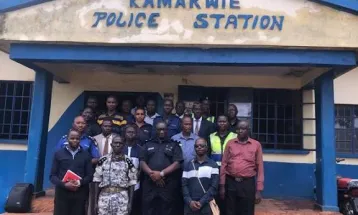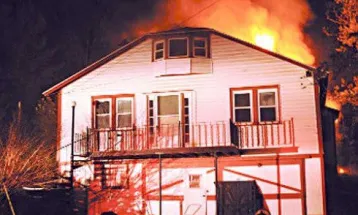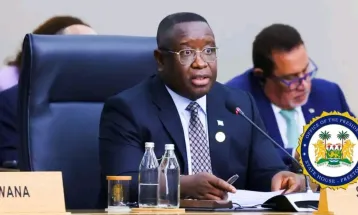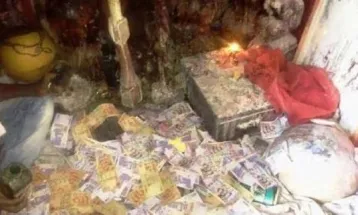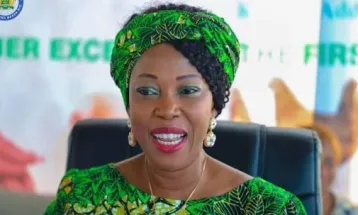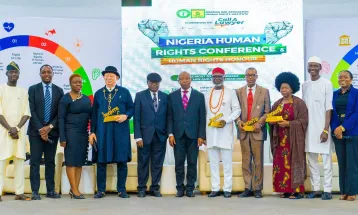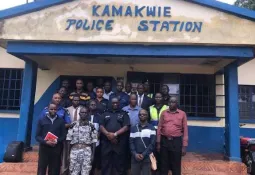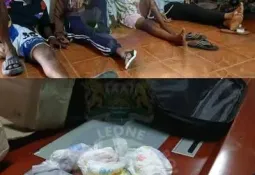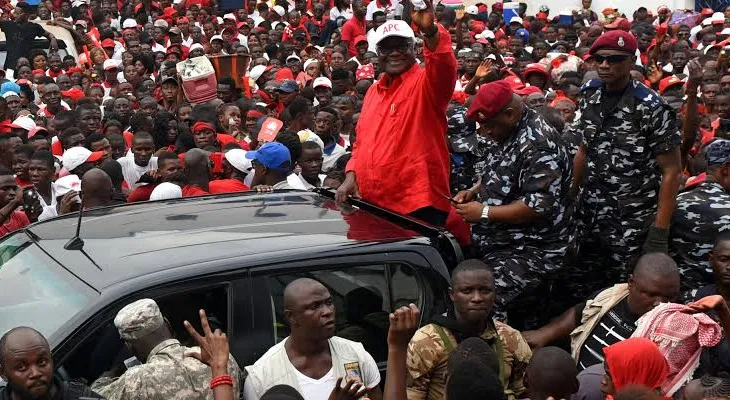
Powerless and Humiliated: Sierra Leone’s Crisis Exposes the Paopa Regime’s Leadership Failure
In a moment of deep national reflection, Sierra Leone is confronting a fresh blow to its sovereignty and dignity. The government's recent appeal to Guinea for a mere 20 megawatts of electricity has ignited public outrage and highlighted the extent of leadership decay under President Julius Maada Bio’s Paopa administration.
While the President recently secured the prestigious position of ECOWAS Chairperson, the contrast between this diplomatic success and the country’s desperate energy situation has not gone unnoticed. Critics are calling the electricity deal with Guinea a national humiliation—particularly given Guinea’s unresolved occupation of Yenga, a disputed Sierra Leonean territory.
For many, this isn’t just about electricity. It’s about the erosion of national pride. The same country that forcefully seized Sierra Leonean land is now being courted for energy, turning a matter of utility into one of national shame.
“We’re not just in a power crisis,” wrote political commentator Lamrana Alieu Jalloh. “We’re in a leadership crisis.” He condemned the administration for normalizing failure, accusing it of lacking both vision and the will to defend Sierra Leone’s sovereignty.
Jalloh drew attention to the silence and inaction over Guinea’s seizure of Yenga and questioned how a government that cannot protect its borders could claim legitimacy under the Constitution, which mandates the state to defend national interests and prevent abuse of power.
The author accused the Bio-led government of sacrificing national dignity in exchange for survival, labeling the electricity plea as an act of desperation, not diplomacy. “This is not strategy; it is surrender,” he said.
He also criticized the government's disregard for accountability, contrasting the absence of public outrage or official resignations with what would be expected in more responsive democracies.
Calling on Sierra Leoneans to demand better, the article argues that the country deserves leadership rooted in courage, not convenience — one that prioritizes national interest over political posturing.
“The tragedy is not the blackout,” Jalloh writes. “It’s that even in the dark, we are being misled.”
His message to President Bio was unmistakable: No amount of foreign recognition can substitute for the failure to lead at home. With three years left in his term, the president still has time to reverse course — but only if he puts country before comfort.
This moment is a wake-up call not just for the government, but for all Sierra Leoneans. National dignity, once lost, is not easily regained.

